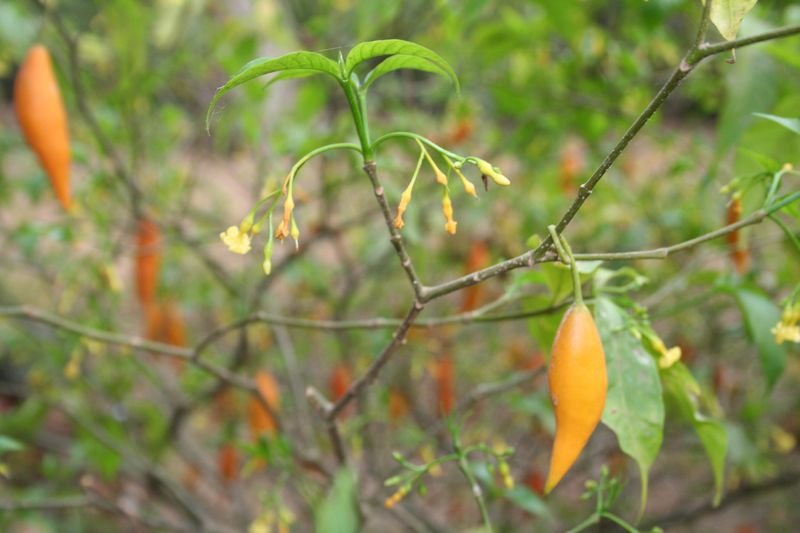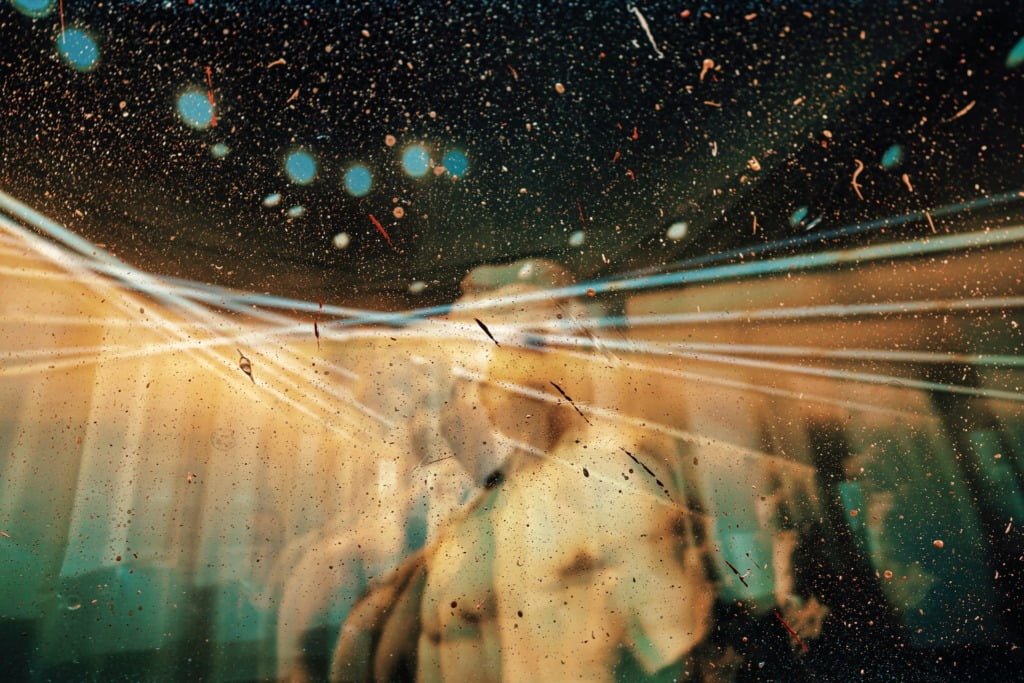How Ibogaine Works On Addiction

For those of you unfamiliar with ibogaine, we will explain how ibogaine works on addiction. It is the purified and concentrated extract from the root bark of the Tabernanthe Iboga shrub native to equatorial West Africa.

Ibogaine in Western Society
Ibogaine’s Psychotropic Effects
One of the main reasons ibogaine works on addiction so well is partly due to its ability to unlock repressed memories. The person will experience these memories through intense hallucinations, which result in a time of deep self-reflection and insight. This state is referred to as “oneirophrenic,” meaning a dream-like state where the person remains aware of their surroundings.
How Ibogaine Works on Addiction
Ibogaine is renowned for its use in treating varying degrees of addiction to opioids; it is also effective in the treatment of cocaine, crack oxycontin, alcohol, and methamphetamines, as well as mental health issues such as depression, anhedonia and PTSD.
One of the main reasons ibogaine works on addiction so well is partly due to its ability to unlock repressed memories. The person will experience these memories through intense hallucinations, which result in a time of deep self-reflection and insight. This state is referred to as “oneirophrenic,” meaning a dream-like state where the person remains aware of their surroundings.
The hallucinations, which can last from 7 to 12 hours, are not considered to be hallucinogenic because the person is aware they are induced by ibogaine. After the visions fade, the introspective part of the experience usually begins and can last for up to 24 hours.
During this time, the person has the opportunity to integrate the experience into their personal narrative, leading to a new perception of themselves and their surroundings. This process may continue for several months after the treatment.
Ibogaine is renowned for its use in treating varying degrees of addiction to opioids; it is also effective in the treatment of cocaine, crack , oxycontin, alcohol, and methamphetamines, as well as mental health issues such as depression, anhedonia and PTSD.
While it does not alleviate alcohol or benzodiazepine withdrawal, it did curtail alcohol and benzodiazepine intake in those treated with it.
Its unique properties include a “multi-target” profile, whereby it is considered a non-typical entheogen on account of the way it interacts with different neurotransmitters.
It is this combination of effects in different areas of the brain which is thought to be at the helm of the reduced desire to subsequently consume certain substances and create and nurture new patterns of behaviour.
While some can be successfully treated with a single dose, because each person’s addiction level is different, it may take others up to two or three separate treatments. Contact us at Ibogaine Treatment UK, (a subsidiary of Tabula Rasa Retreat™) to discuss your treatment options.
